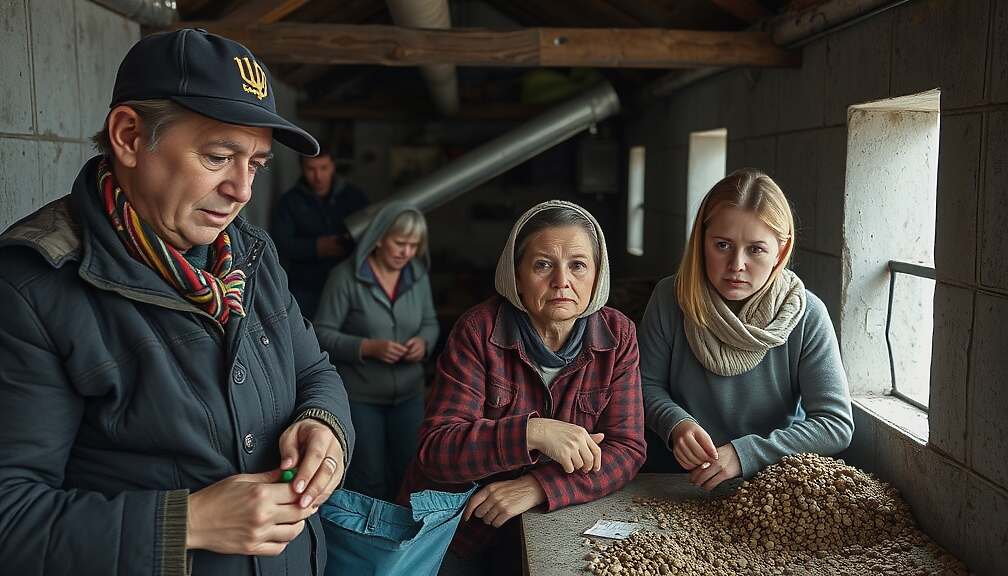The number of Ukrainian refugees participating in social security-covered employment has risen significantly, according to a spokesperson for the Federal Employment Agency, shared with the Redaktionsnetzwerk Deutschland. The figure has increased by 80,000 compared to the previous year, now standing at nearly 272,000.
As of March 2025, there were 701,000 Ukrainian citizens receiving citizen’s income (Bürgergeld). Within this group, 502,000 were of working age – encompassing all Ukrainian nationals between the ages of 15 and retirement age. Of these, 217,000 were registered as unemployed and available to enter the labor market as of July 2025.
Data indicates that 58 percent of those seeking employment are looking for positions at helper level, while 36 percent are seeking qualified roles. In May 2025, approximately 24,000 Ukrainian citizens participated in vocational language courses funded by job centers.
The proposal by Markus Söder (CSU) regarding citizen’s income for Ukrainian war refugees has received cautious support from within the CDU/CSU parliamentary group. Günter Krings, parliamentary group vice, stated that while protection is essential, it should not be “permanent within a social system that can stifle integration efforts”. He emphasized the need for “performance incentives” that ensure employment is prioritized over citizen’s income for all those seeking protection, including Ukrainians, stressing that longer-term residents should be responsible for their own livelihoods.
The Green Party and the Left Party have voiced sharp criticism of Söder’s proposals. Andreas Audretsch, Green Party parliamentary group vice, accused Söder of abandoning his commitment to job placement and labeled the initiative “destructive populism”. Clara Bünger, Left Party’s legal policy spokesperson, condemned the proposals as “disgusting” and accused Söder of attempting to stir up resentment and divide the population.
The AfD has expressed support for Söder’s position. René Springer, AfD’s social policy expert, argued that the initiative was overdue and questioned the circumstances under which many Ukrainian refugees sought protection in Germany, suggesting they were “social tourists” who should not have been allowed to enter and should be deported. He advocated for regular asylum procedures for others and cautioned against providing protection status or social benefits.












